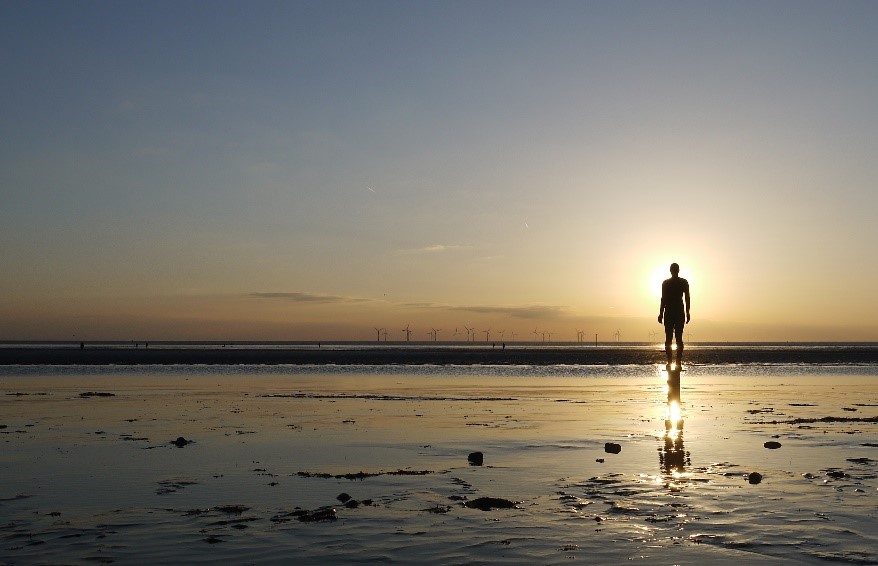Standing up for Science

I am interested in how academic researchers like myself can effectively engage with the media and policy-makers and patients, public and communities as part of my work with the NIHR Applied Research Collaboration North West Coast (ARC NWC).
I was therefore delighted to be selected to take part in the `Standing up for Science’ workshop organised by Sense about Science: https://senseaboutscience.org/
The workshop offered an opportunity for me to learn more from others about how to communicate my research more effectively through different media outlets and to policy-makers.
Science and the media
The workshop began with an interactive panel of speakers including Professor Mike Tildesley, Prof of Infectious Disease Epidemiology, University of Warwick; Professor Chris French, Professor Emeritus in Psychology, Goldsmith University of London (with an interest in the psychology of paranormal beliefs!); and Danielle Purkiss, an Architect and Research Associate from UCL.
We also heard from a panel of journalists who explained how they approach stories, balance the need for news and entertainment when reporting science and evidence.
We discussed issues and received some `top tips’ such as:
– Talking to your organisation’s Press Office before your paper comes out, getting in contact with trusted local media contacts and pitching stories to them – think about writing an article for `The Conversation’ https://theconversation.com/uk
– Insisting on copy approval of a press release before it is submitted and make sure someone from your Press Office is sitting in on any interviews
– Speaking to your paper’s journal as the journal may be able to advise you on communicating your paper more broadly e.g. via social media in the form or infographics, visual abstracts, mini-videos etc.
– Looking at publications and how people in your field communicate their research and disseminate their findings
– Checking your online profile is up to date
– The media want big headlines but sometimes there is uncertainty. Get across the uncertainty to the media and providing reasons as to why there is uncertainty
– Stick to your point and not getting drawn into questions that you are not comfortable with answering. If you don’t know the answers then say so.
– Having some key points / clear messages in advance that you want to get across to the media
– Not making `off the cuff’ remarks that could be taken out of context
– Standing up when the evidence is certain and providing the media with this evidence
– Providing as much info as possible to couch your arguments
– Choosing your media medium carefully – TV might not be for you! Be tactful and selective about your media mediums / platforms
– Always be polite and do not ridicule people
– Be passionate about your research
– Use the formula of `story-telling’ to engage the media
– Be realistic…what you do might not be of public interest!
– Self-care is important and be prepared to say `no’ to some media opportunities – not all media coverage is good coverage
– Remember that scientific advisers are not politicians / decision-makers
Communicating with Policy-Makers
We can communicate with politicians and should not be fearful to do so. For example, we can give evidence to Select Committees (look out for their calls for evidence), and All-Party Parliamentary Groups, and we can apply for scientific advisory posts and advisory roles. We can engage with guest speakers at conferences, seek out scientific advisory networks and get involved with these networks. We need to be mindful that things in Govt do not always move quickly and engagement takes time. Be patient. Small wins can add up to big wins. Be consistent.
We need to find innovative ways of presenting findings to politicians by `bringing research to life’, telling human stories, and we need to be brief and to the point – short, sharp, focused messages with impact for the wider political agenda.
Communicating with the public
Sense of Science has created a practical guide for researchers on involving the public in working out how to communicate findings – from the earliest stages of projects, and on the most challenging of subjects: https://senseaboutscience.org/activities/public-engagement-guide/
Dr. Alison Doherty
Research Fellow & NIHR ARC NWC MIDAS Theme Manager
https://www.uclan.ac.uk/academics/dr-alison-doherty
@AJDoherty46